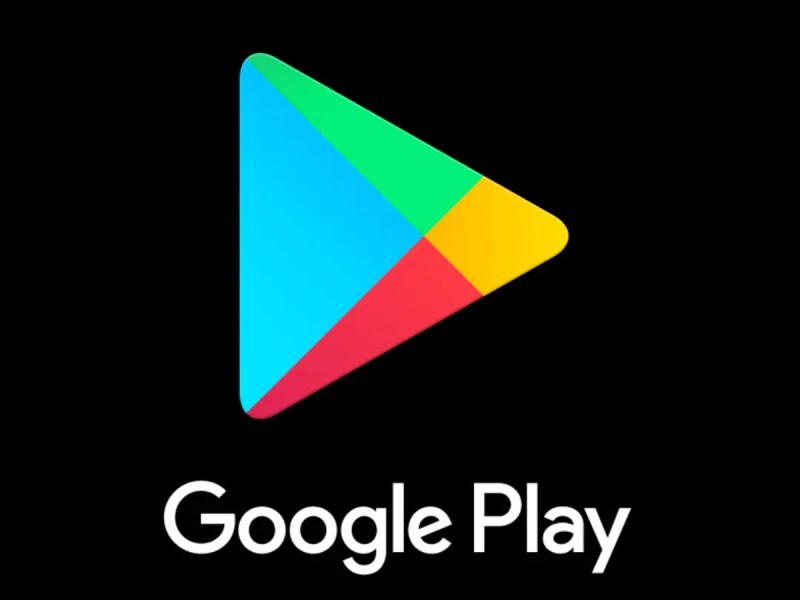 |
(Google) |
Google‘s plan to force all in-app purchases made through its independent billing system faces an uphill battle in South Korea, with local lawmakers considering a legislative bill to prevent “unilateral” pricing policy changes of major platform business operators.
The National Assembly‘s Science, ICT, Broadcasting and Communications Committee on Monday held a meeting to decide whether they should table the anti-Google bill. The committee’s six lawmakers held an agenda coordination committee to vote on sending the bill to the plenary session, the highest decision-making body of the country’s legislative body composed of all lawmakers. To get to the plenary session, the bill requires yes votes from at least two-thirds of the agenda coordination committee. The results were not immediately known as of press time.
Currently, the Android-maker forces all in-app purchases of game apps made through its own billing system, which takes a 30 percent cut. Starting October, Google aims to expand the mandatory policy to all types of content, including video, audio and e-book apps.
The mandatory policy puts a dent on Korean developers who have been paying much lower commissions by using outside payment systems such as direct credit card payments.
Once implemented, Google’s mandatory billing system will generate extra revenue in monthly subscription fees for content apps such as for music streaming.
The bill was proposed multiple times by the Science, ICT, Broadcasting and Communications Committee last year, but was blocked by the main opposition People Power Party due to concerns over trade conflicts and duplicating regulations.
The Korea Communications Commission, the country’s telecommunications regulator, said Monday that it would “provide support for the swift passage of the bill to protect Korean users’ interests.”
On Wednesday, Korean lawmakers received a letter from the Coalition for App Fairness in the US. In the letter, the CAF provided support for the anti-Google bill and said that trade conflicts would not arise due to the passage of the bill.
Due to mounting criticism, Google on Thursday said it would roll back the commission rate to 15 percent, but only for apps that qualify on certain conditions, including having over 100,000 monthly active installs and a good rating in the Play Store. The announcement only added fuel to app developers, as the new policy is not permanent and primarily benefits big tech companies such as Naver and Kakao.
To take a stand, the nation’s top three telecom operators -- SK Telecom, KT and LG U+ -- and Naver in 2016 launched an indigenous app store called the ONE store as an alternative to the Google Play Store and Apple App Store, but the local platform has struggled to gather customers.
Unlike Google, ONE store allows app developers to operate their own billing systems. In this case, the cut is 5 percent. If in-app purchases are made through ONE store’s billing system, the commission is 20 percent.
Despite the 5 percent rate, game developers have shunned registering their new releases on the ONE store, including Netmarble’s Second Country: Cross Worlds and Kakao Games’ Odin: Valhalla Rising. Existing popular games, such as NCSoft’s Lineage series and Krafton’s Battlegrounds Mobile aren’t listed on the ONE store.
Game industry officials say there are multiple reasons for avoiding the ONE store, such as additional development costs, but the key reason is related to rankings. When a game is released, game companies’ primary focus is to secure top rankings in the popularity and revenue sections of Google Play Store and Apple App Store. Listing the game on the ONE store can disperse their user base and make it more difficult to gain successful indexes.
“Both users and the media only pay attention to Play Store and App Store rankings, so we have to focus,” an industry official said.
By Kim Byung-wook (
kbw@heraldcorp.com)








![[Today’s K-pop] Blackpink’s Jennie, Lisa invited to Coachella as solo acts](http://res.heraldm.com/phpwas/restmb_idxmake.php?idx=644&simg=/content/image/2024/11/21/20241121050099_0.jpg)